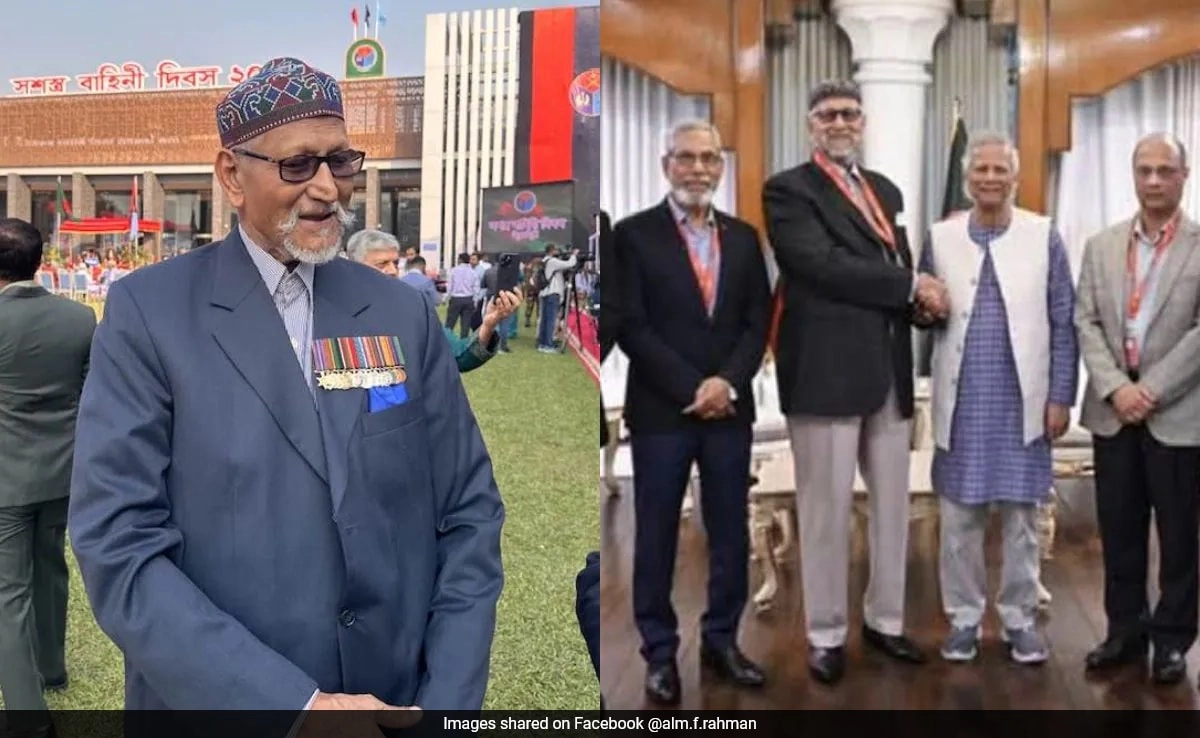The recent comments by a former Bangladeshi military official suggesting that India could potentially attack Pakistan have sparked significant discourse in the region. In response to these remarks, a prominent aide to Yunus, presumably a key political figure in Bangladesh, has categorically dismissed the statements as unfounded and exaggerated. This exchange underscores the complex geopolitical dynamics of South Asia, where historical tensions and national security concerns often lead to heightened rhetoric between neighboring countries.
The aide’s rebuttal highlights the importance of maintaining a balanced perspective when discussing the strategic relationships between India, Pakistan, and Bangladesh. Focusing on military aggression can often overshadow the pressing need for diplomatic dialogue and cooperation on common challenges, such as economic development, climate change, and regional stability. The aide emphasized that rather than speculating on potential conflicts, it is crucial for leaders in the region to engage in constructive conversations that foster peace and understanding.
Moreover, this incident reflects a broader narrative within South Asian politics, where past conflicts continue to influence present-day relations. The historical context of the Indo-Pakistani wars and the Liberation War of Bangladesh remains a significant factor in shaping national identities and foreign policies. Thus, remarks that invoke the possibility of military confrontation can evoke strong reactions and may undermine efforts toward collaboration. The aide’s dismissal of the former officer’s comments serves as a reminder of the need for prudence in public discourse, especially when discussing sensitive geopolitical matters.
In conclusion, the interaction between the aide and the former military officer serves as a microcosm of the intricate relationships in South Asia. It highlights the necessity for leaders and officials to prioritize dialogue over divisive rhetoric, fostering an environment where collaboration can thrive. As the region navigates its complex history and current challenges, the focus should remain on building bridges rather than barriers, ultimately working towards a more peaceful and prosperous future for all nations involved.




